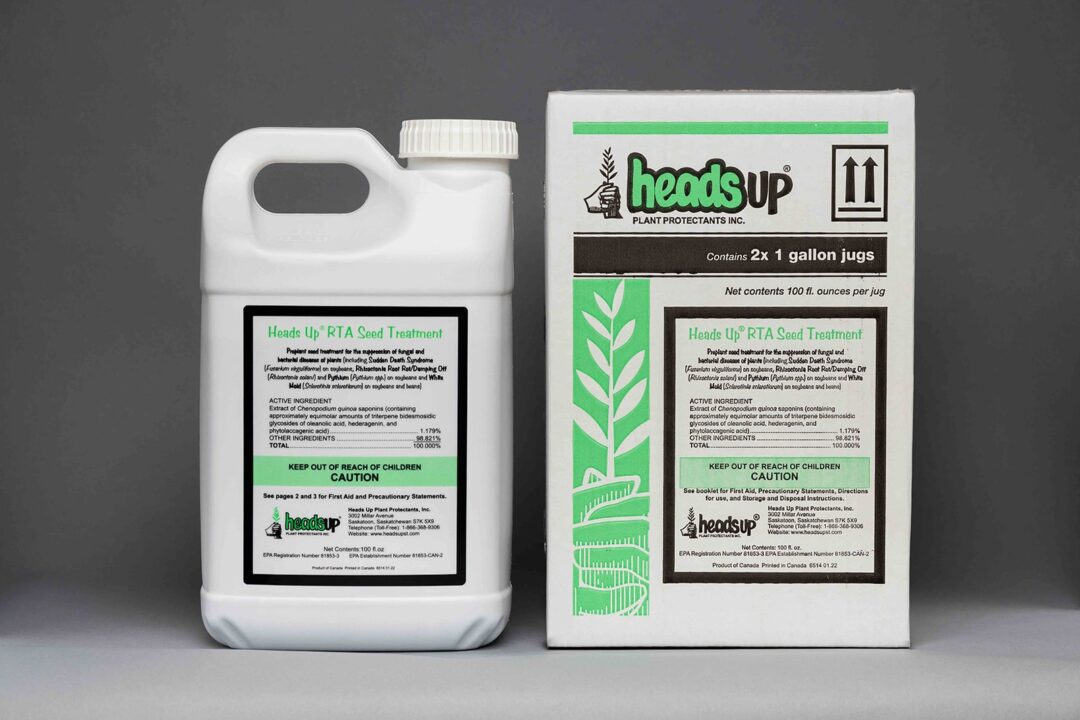Turning Camelina Into a Renewable Fuel Source
Montana-based Sustainable Oils, a subsidiary of Global Clean Energy, is working with EarthDaily Agro to reintroduce camelina crops into the United States as a feedstock for sustainable renewable diesel fuel, writes Dan Jacobs at the Global Ag Tech Initiative. In addition to creating an ultra-low carbon renewable fuel, camelina provides benefits to crop input manufacturers, distributors, growers, the soil, and the environment.
To date, camelina acres are tiny compared to corn, soybeans, and wheat, but Kevin Monk, Vice President of Ag Technology for Sustainable Oils, says the company knows it’s not going to replace those row crops. Instead, Sustainable Oils is looking for ways to partner with those crops by targeting two main growing periods: those following wheat-fallow rotations (where camelina could be planted in place of fallow) and those double crop areas that would benefit from a short-season, overwinter crop – both of which are ideal conditions for camelina.
“Camelina has all the advantages of cover crops, including improving soil health and adding biomass into the soil,” Monk said. “At the same time, growers are able to harvest it, providing added revenue. We’re planning on scaling up quickly and working with farmers to grow more camelina in our target regions of the U.S., improving soil health while helping to generate more sustainable renewable fuel feedstocks.”
And that’s where EarthDaily Agro comes in. They are partnering with Global Clean Energy and Sustainable Oils to help position camelina as a dynamic and growing part of the renewable fuel marketplace. EarthDaily Agro, a subsidiary of EarthDaily Analytics, will provide Earth Observation services and value-added analytics to drive cultivation efficiencies, substantiate yield modeling, and effectively mitigate risks. Their crop/yield modeling services can help expand the number of acres camelina is grown on.
“Scalability is something that we can bring to the table,” said Dave Gebhardt, Ph.D., EarthDaily Agro’s General Manager. “We’re an ag company that does technology, not a technology company trying to figure out ag. To scale the crop, genetic improvement needs to be there. It needs to have the ability to resist diseases or to produce a certain amount of yield – a certain quality profile.”
Read more at the Global Ag Tech Initiative.





